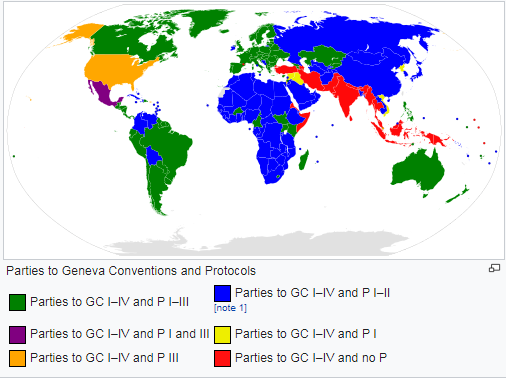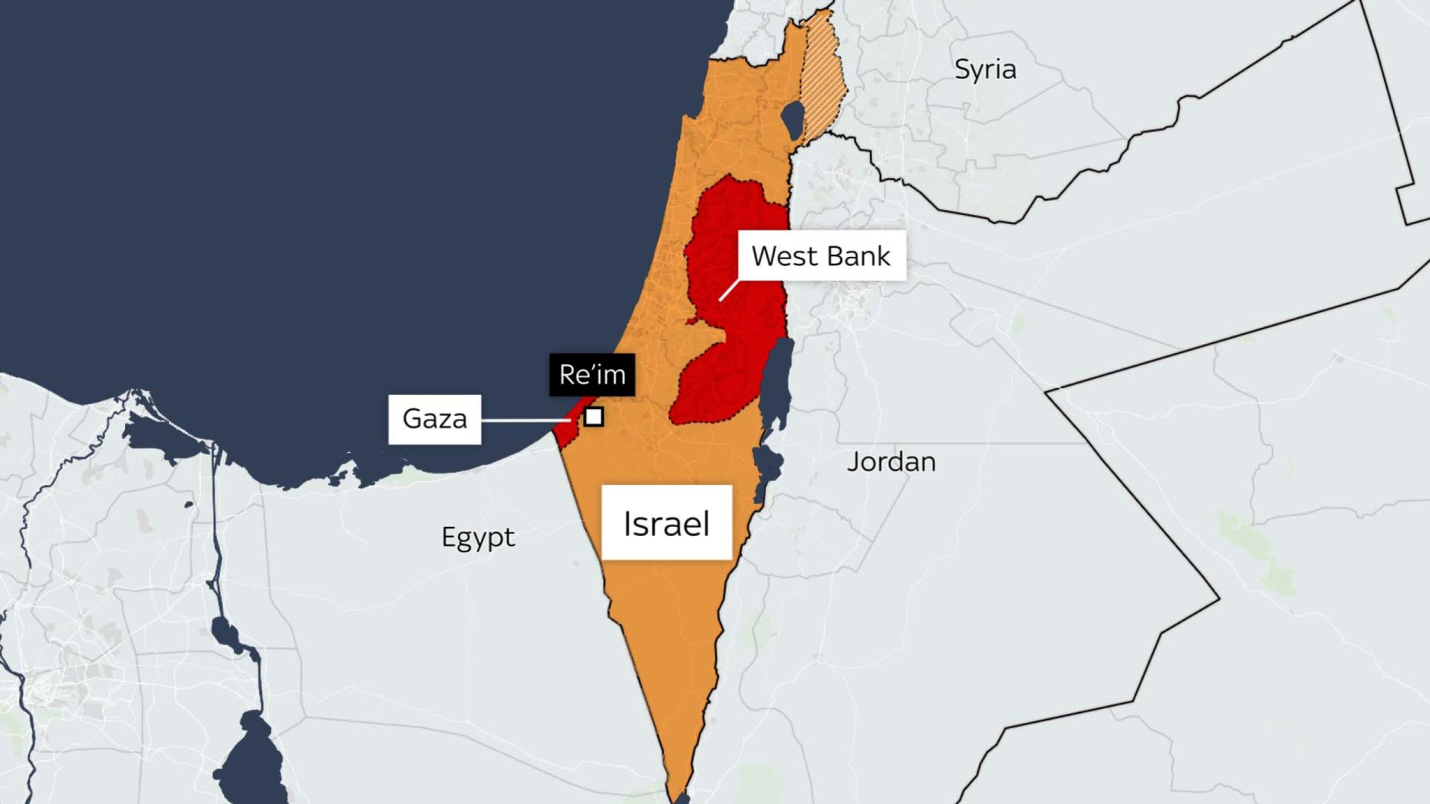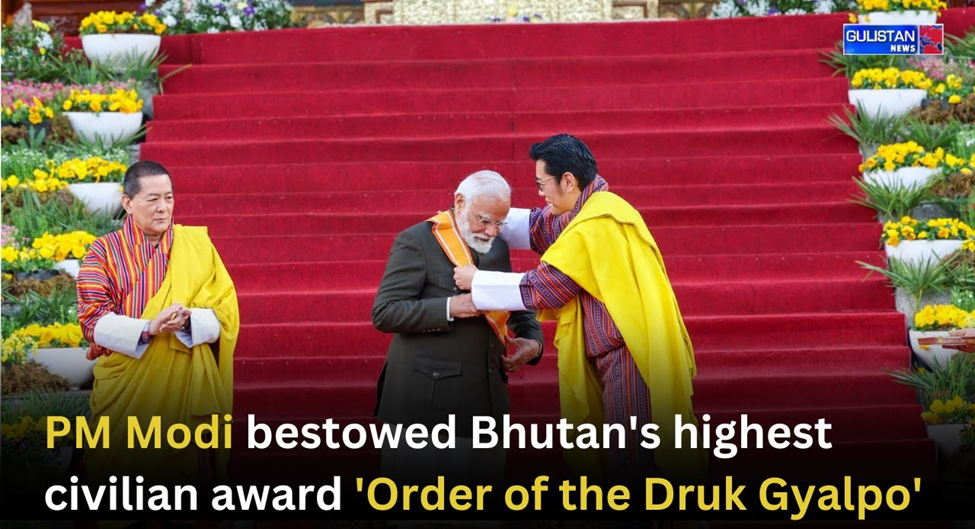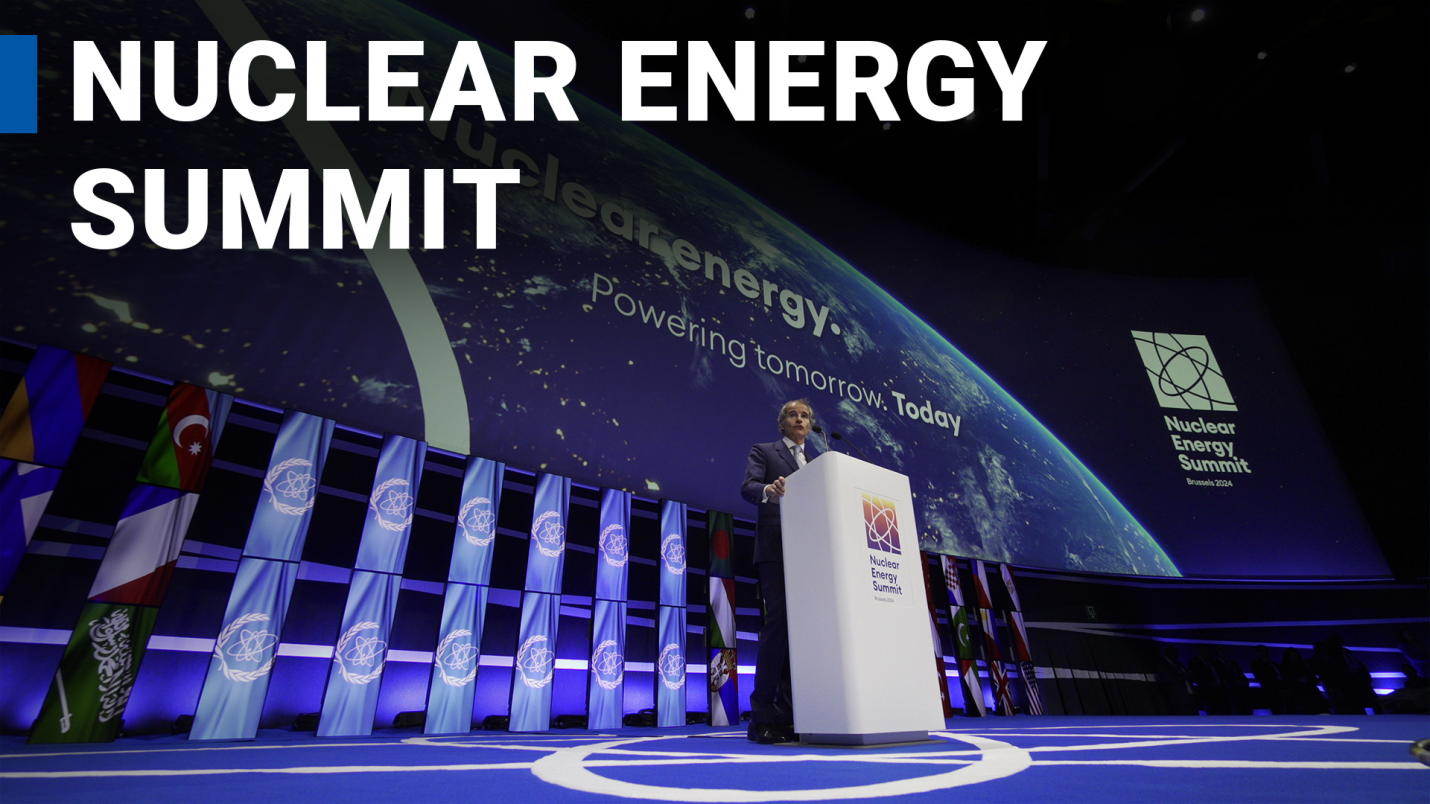Description
 Copyright infringement is not intended
Copyright infringement is not intended
Context: Russia’s armed invasion of Ukraine raised concern on human rights violations. Geneva Conventions, a set of principles that outlined norms for combatant behaviour during a war came into light.
What are the Geneva Conventions guidelines during wartime?
- The Geneva Conventions are a set of four treaties, formalised in 1949, and three additional protocols, which codify widely accepted ethical and legal international standards for humanitarian treatment of those impacted by any ongoing war.
- Focus Areas: treatment of non-combatants and prisoners of war, and not the use of conventional or biological and chemical weapons, the use of which is governed respectively by the Hague Conventions and the Geneva Protocol.
- First Geneva Convention: It protects wounded and sick soldiers on land during war. It extends to medical and religious personnel, medical units, and medical transport.
- Second Geneva Convention: It protects wounded, sick and shipwrecked military personnel at sea during war. This convention also extends to hospital ships and medical transports by sea, with specific commentary on the treatment of and protections for their personnel.
- Third Geneva Convention: It applies to prisoners of war, including a wide range of general protections such as humane treatment, maintenance and equality across prisoners, conditions of captivity, questioning and evacuation of prisoners, transit camps, food, clothing, medicines, hygiene and right to religious, intellectual, and physical activities of prisoners.
- Fourth Geneva Convention: (which most imminently applies to the invasion of Ukraine by Russian military forces)
- It protects civilians, including those in occupied territory.
- It expounds upon the general protection of populations against certain consequences of war, the conduct of hostilities and the status and treatment of protected persons, distinguishing between the situation of foreigners on the territory of one of the parties to the conflict and that of civilians in occupied territory.
- It spells out the obligations of the occupying power vis-à-vis the civilian population and outlines detailed provisions on humanitarian relief for populations in occupied territory.
- It contains a specific regime for the treatment of civilian internees, including three annexes on hospital and safety zones, and model regulations on humanitarian relief.
Which countries are signatories?
- The Geneva Conventions have been ratified by 196 states, including all UN member states.
- The three Protocols have been ratified by 174, 169 and 79 states respectively.
- In 2019, perhaps anticipating the possibility of its invading Ukraine in the near future, Russia withdrew its declaration under Article 90 of Protocol 1.
- The four conventions and first two protocols of the Geneva Conventions were ratified by the Soviet Union, not Russia, hence there is a risk of the Russian government disavowing any responsibility under the Conventions.
What would be the steps for potential prosecution under the Conventions?
- Under Article 8 of the Rome Statute of the ICC, it is the ICC that has jurisdiction in respect of war crimes.
- Under the statute, ‘war crimes’ refers to “Grave breaches of the Geneva Convention that includes wilful killing, torture or inhuman treatment, including biological experiments; wilfully causing great suffering, or serious injury to body or health; extensive destruction and appropriation of property, not justified by military necessity and carried out unlawfully and wantonly; compelling a prisoner of war or other protected person to serve in the forces of a hostile Power; wilfully depriving a prisoner of war or other protected person of the rights of fair and regular trial; unlawful deportation or transfer or unlawful confinement; taking of hostages.
https://www.thehindu.com/news/international/explained-what-are-the-geneva-conventions-guidelines-during-wartime/article65217189.ece




 Copyright infringement is not intended
Copyright infringement is not intended









